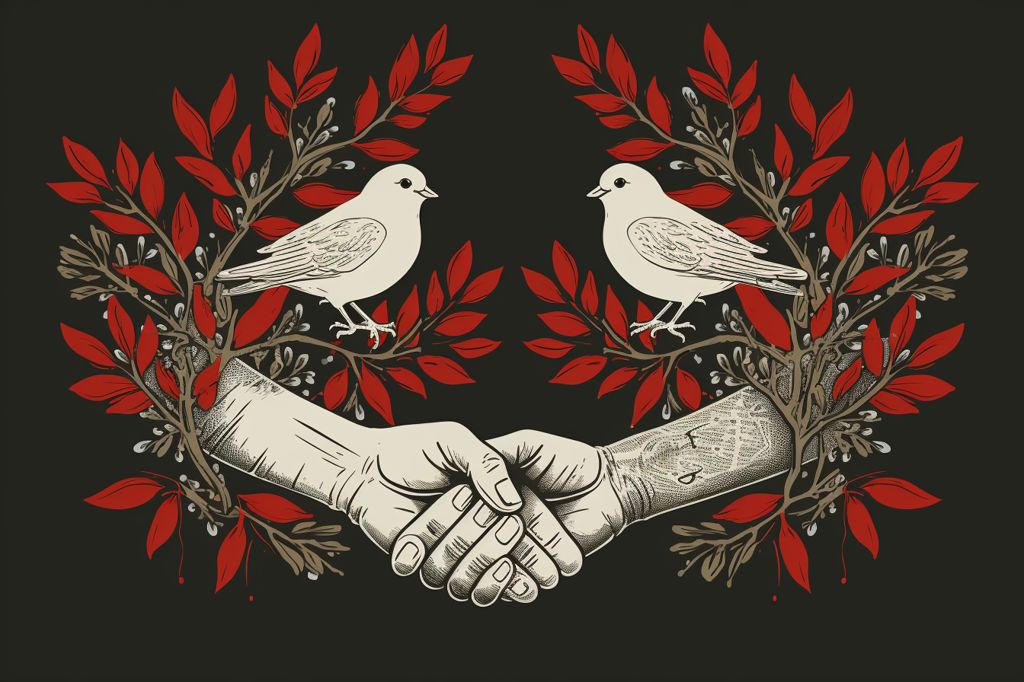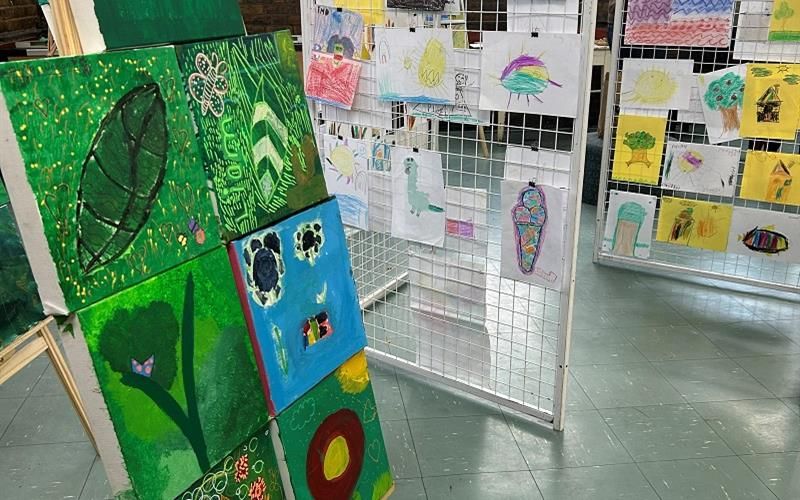In order to prepare young women for the careers of the future, government agencies, businesses, and international organizations are joining forces to make sure girls are fully equipped to participate in the 4th industrial revolution. One such initiative is the African Girls Can Code Initiative (AGCCI), which aims to tackle gender imbalances and empower a new generation of female leaders in science, technology, engineering, and mathematics (STEM) fields.
Providing Opportunities for Young Women
Between June 24th and July 3rd, the AGCCI held a boot camp in Polokwane, South Africa, to provide coding and robotics training to girls from North West, Gauteng, Mpumalanga, and Limpopo provinces. The event focused on re-imagining and re-thinking STEM education in the context of the 4th industrial revolution. The AGCCI is a partnership between the UN Women Multi-Country Office for Southern Africa, the Department of Basic Education, and the Department of Science and Innovation (DSI) of South Africa. It is supported by Siemens and the Belgian government.
Addressing Gender Disparities in STEM
Despite significant progress made in promoting women’s participation in STEM-related subjects, gender disparity remains a major issue. Only 13% of STEM graduates in South Africa are women. Gender gaps persist, with females holding junior positions, minimal decision-making power, and few opportunities in STEM leadership roles.
Creating New Opportunities for Young Women
Mmampei Chaba, Chief Director: Multilateral Cooperation and Africa at the DSI, emphasized the need for young women to acquire new skills and empower themselves for the jobs of the future. She referred to the boot camp as an example of what the new White Paper on Science, Technology and Innovation (STI) aims to achieve. Both the long-term STI policy and the 2022-32 STI Decadal Plan focus on fostering creativity, learning, and entrepreneurship as primary drivers of economic growth, job creation, and socio-economic reform.
The South African government has introduced coding and robotics into the school curriculum to provide learners with essential digital and ICT skills, as well as to foster critical thinking, collaborative work, and problem-solving abilities. In an effort to keep pace with the changing world, it is crucial for young women to acquire new skills and empower themselves for the jobs of the future.
Advantages of Coding
Rita Nkuhlu, Siemens Executive Director for Sub-Saharan Africa, encouraged the young women by highlighting the advantages of coding capabilities. She mentioned that rapidly changing technology could not be ignored, as much of our environment already relies on apps and cyber-business. Siemens has developed an industrial Internet of Things service solution called MindSphere, which collects, stores, and learns from complex operational data, improving processes and accelerating management decision-making.
Nkuhlu also stressed the importance of coding for cybersecurity to safeguard individual’s intellectual property rights. As some jobs become obsolete, new opportunities will emerge for individuals with the necessary skills.
Impact on Participants
The AGCCI’s boot camp has made a significant impact on the participants. Grade 11 learner Malebogo Bojang from Madibogo High School in the North West said that Youth Month reminded her of the sacrifices made by the youth of 1976, which had enabled her and other learners to study science and technology. Bojang considered herself privileged to partake in the coding and robotics camp.
With more such boot camps planned, the African Girls Can Code Initiative is set to play a crucial role in shaping the future of young women in Africa, empowering them with the skills and knowledge to compete and thrive in the global technology arena. It is important to continue to address gender disparities in STEM and provide opportunities for young women to acquire new skills in order to succeed in the rapidly changing job landscape.








